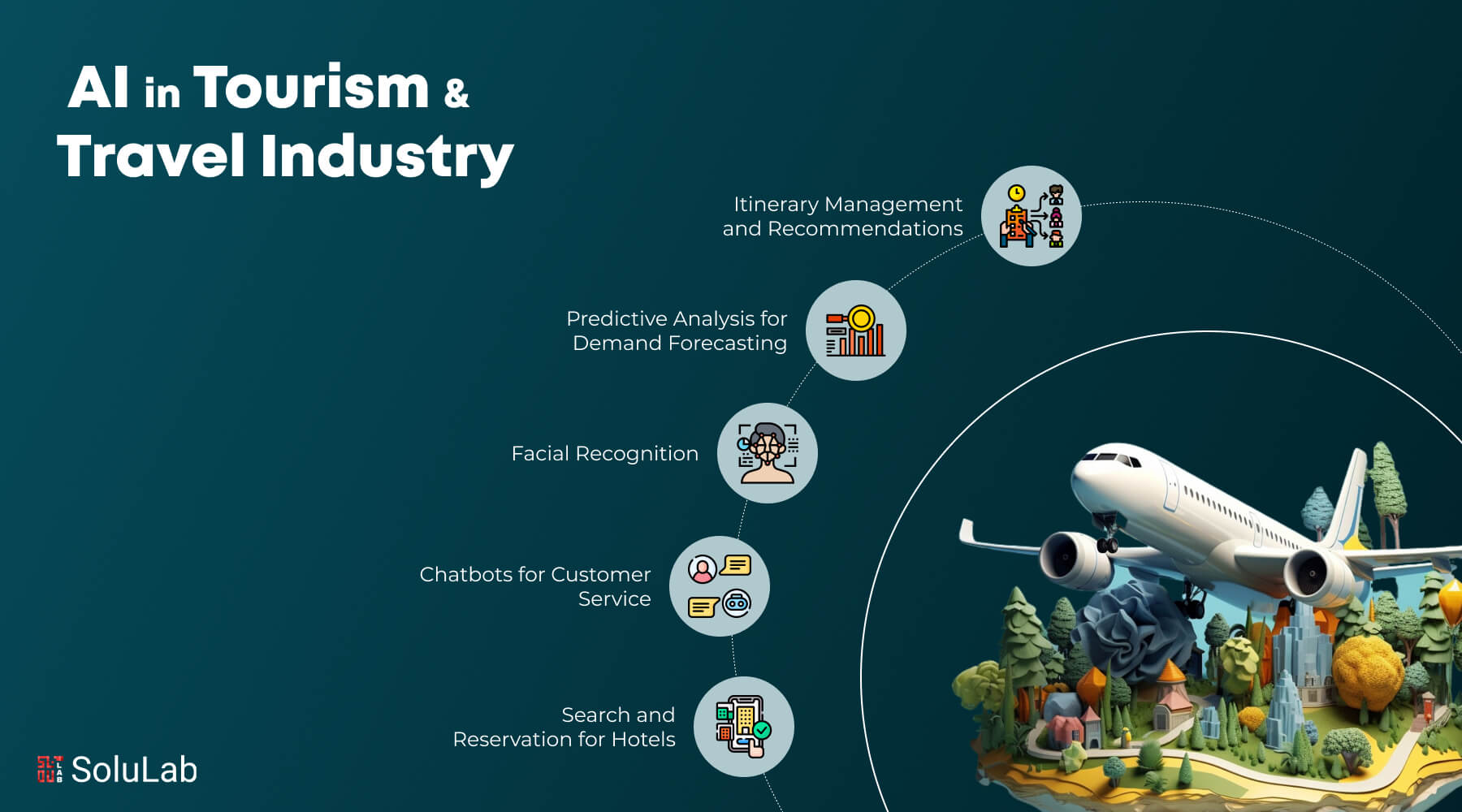Travel in 2025 is no longer just about reaching your destination. It is about comfort, efficiency, and staying connected on the go. With airlines and airports pushing futuristic upgrades, travelers also need their own smart tools to keep pace. Here are seven next-gen travel gadgets that every frequent flyer should consider this year.
1) Smart Luggage with GPS Tracking
Gone are the days of lost baggage drama. Brands like Away and Samsonite now offer smart suitcases that feature GPS tracking, USB charging ports, and weight sensors. You can check your bag’s location from your phone in real time. Some even come with built-in biometric locks, giving you peace of mind.
One of the leading innovators in this space is Samsonite, run under the leadership of CEO Kyle Gendreau, born in 1961. With decades of business expertise, he has guided the company to billions in annual revenue, and his net worth is reported to be in the tens of millions, showing the scale of investment behind luggage innovation.
2) Noise-Canceling Smart Headphones
Airports are crowded, planes are loud, and long flights can be draining. That is why noise-canceling headphones remain essential. The newest models from Sony and Bose not only cancel noise but also offer AI-powered adaptive sound modes that adjust depending on whether you are in-flight, at a café, or walking through a terminal.
Sony’s chairman, Yoshida Kenichiro, born in 1959, has been instrumental in pushing forward the company’s consumer electronics dominance. His leadership has kept Sony’s market value strong, with his personal compensation and assets reflecting millions in wealth.
3) Portable UV-C Sterilizers
Health-conscious travelers in 2025 swear by pocket UV-C sterilizers. These devices use ultraviolet light to kill germs on tray tables, seats, or even your phone within seconds. Small enough to fit in your carry-on, they provide peace of mind in an era where hygiene still dominates travel priorities.
One of the popular names here is Philips, led by Roy Jakobs, CEO born in 1974, who has steered the Dutch tech giant through a health-focused portfolio. His net worth is in the multi-million-dollar range, backed by years of senior leadership.
4) E-Sim Travel Routers
Roaming charges are a thing of the past for savvy jetsetters. Pocket-sized routers with global eSIM support provide instant data in over 150 countries. They keep multiple devices connected without juggling local SIM cards. Travelers save time, money, and frustration while staying online without limits.
Companies like Skyroam and GlocalMe are leading this market. Their founders have backgrounds in telecom and tech, with personal fortunes built through innovation. For example, Skyroam founder Jing Liu has an estimated net worth in the tens of millions, reflecting the rapid rise of portable connectivity solutions.
5) AI-Powered Translation Earbuds
Language barriers no longer need to be stressful. Translation earbuds now provide real-time audio interpretation in more than 40 languages. Whether ordering food in Tokyo or negotiating a cab ride in Paris, these earbuds make global travel more personal and inclusive.
Google and Timekettle dominate this space. Sundar Pichai, Google’s CEO born in 1972, is a key figure behind pushing AI innovations like these. His net worth is estimated at over $600 million, with his family life in California often highlighted in public profiles.
6) Smart Sleep Masks
Jet lag and long-haul fatigue are some of travel’s worst challenges. The new generation of smart sleep masks uses gentle light therapy and noise-soothing sounds to help travelers fall asleep faster and wake up refreshed. Some masks even sync with your circadian rhythm based on your flight itinerary.
Sleep tech companies like Lumos and Sound Oasis have grown significantly, and their founders, though not household names, represent a growing wave of entrepreneurs valued in multi-million-dollar ranges. Their passion for blending wellness and technology has carved a strong niche in the market.
7) Wearable Health Trackers for Travel
Smartwatches are not new, but the 2025 editions are tailored for travel. They track heart rate, oxygen levels, hydration, and even stress while flying. Some models alert you about jet lag recovery tips and hydration reminders, helping travelers adjust quickly across time zones.
Apple leads this area with the Apple Watch Ultra series. CEO Tim Cook, born in 1960, has a personal net worth estimated at $2 billion in 2025. He has no children and keeps his family life private, but his leadership continues to influence how millions manage health and connectivity on the move.
Why These Gadgets Matter for 2025 Travelers
Modern airports are rapidly adopting automation, biometrics, and contactless systems, but travelers also need personal tech to match the pace. From staying healthy and safe to ensuring seamless connectivity, these gadgets bridge the gap between human needs and futuristic infrastructure. The blend of AI, IoT, and health tech is shaping travel into an experience that is not just efficient but also personalized.
By 2030, as mega airports roll out six-runway hubs and biometric journeys, jetsetters equipped with the right tech will move faster, safer, and smarter. Investing in these gadgets today is not about luxury but about adapting to a future where travel feels almost effortless.









